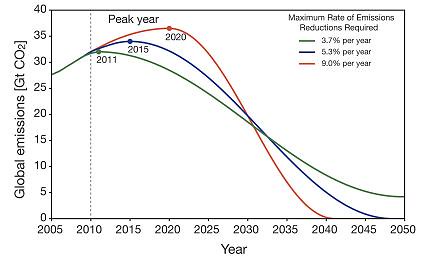Last month, I highlighted the new Internal Administration Circular 11-10 [PDF], which requires immigration officials not to record reasons for their decisions, in violation of both the right to justice and the Public Records Act. I was curious about how the Department of Labour had come up with a policy which apparently violates New Zealand law, so I asked them, requesting all advice and communications on its drafting, including any legal advice on its consistency with the Public Records Act or on Immigration New Zealand's ability to defend a challenge to its decisions. Today I received a fat packet of emails and drafts - and they are absolutely damning.
The first point to note is that the offending clause was a rather late addition. The first draft of the revised circular took exactly the opposite approach, requiring a full rationale which
should show that the Immigration Officer has taken into consideration all the relevant facts of the case and has come to a logical, reasonable decision based on those facts.This was then meant to be checked by a second officer to ensure quality decision-making. The first thing to go was the second-party check, after concerns were raised about it not matching existing practice ("officers make their own decisions"). The discussion email [PDF] calls this a "classic quality vs timeliness issue" - and the Department seems to have decided on timeliness.
As for the recording of reasons for decisions, according to the timeline provided [DOC], this decision was made in early July after concerns were raised by "Resolutions" [PDF]. The immigration officers concerned were remarkably frank about their reasons [PDF]:
[Resolutions] strongly feel that including rationale just opens us up to the risk of judicial review and ombudsman complaints.And the ultimate reason for excluding them?
I wouldn't want to make it mandatory to put something (rationale) in AMS [DoL's database] which is likely to generate more work and complaints for branches.Yes, that's right: they did it explicitly in an effort to thwart complaints.
There were no drafting instructions or Ministerial signoff for this decision. The new circular was developed by a business analyst, who according to the cover email [PDF] decided to "just forge ahead and redraft [it] and see if people scream". There was no legal advice on its consistency with the Public Records Act, and the matter is never raised in any of the email discussion - though in their cover letter the Department asserts consistency, maintaining that the note that a decision has been made is enough for compliance:
In the Department’s view, the recent guidance around section 61 clearly articulates the most prudent business practice in terms of recording decision making under section 61 given that section 61 decisions are made in an officer’s absolute discretion.In my view, this conflates prudent business practice around avoiding complaints with prudent business practice around records management. But that, I guess, is ultimately a decision for the Chief Archivist to decide.
All-up, we have a government department which has acted deliberately to thwart judicial and Ombudsman oversight, for reasons of its own convenience, apparently in violation of New Zealand law. The question is whether the Minister will act - or whether he will effectively endorse this situation with his silence.
